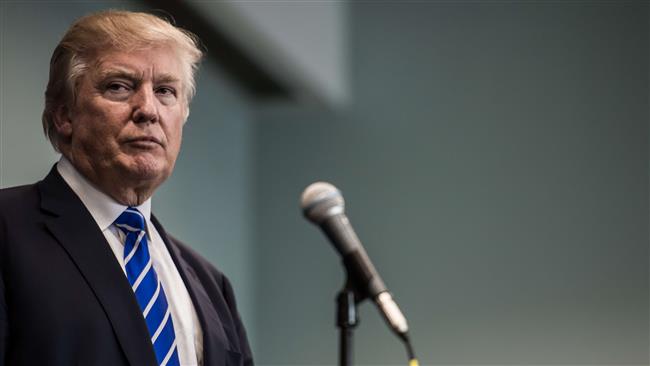I don’t think anything angered extremist organizations and regimes more than the US President’s policy towards them. They were surprised by Donald Trump’s policy and quick action in the Middle East. As opposed to his predecessor, whose policy took a negative neutrality path and later tried to reconcile with them.
Since his first day in the White House, Trump chose officials who agree with is declared statements of targeting extremism, including governments, like Iran.
The other surprise was that Trump immediately began his mission in Iraq and Syria, as well as Yemen. It was not just an electoral speech.
By analyzing the new policy, some believed that Trump would be a hostage of the nuclear agreement, and he will be hostile towards all Islamic states without exception. Instead, his government respected the agreement, but also insisted that Tehran execute it fully.
Unlike Barack Obama, Trump was not willing to be imprisoned by the agreement. Obama was silent on Iran’s dangerous transgressions whether by expanding its military presence in Iraq and Syria, by bullying the marine passages and firing at the US Navy, or by smuggling weapons to the insurgents in Yemen and Bahrain.
Washington rejected all of those practices and said they should be dealt with. The regime in Iran did not therefore exploit the nuclear agreement to impose its interest and agendas at the expense of others.
The other aspect is Trump’s determination to counter terrorism, not just as a security case, but as a comprehensive political matter.
That is why he surprised everyone with his projects and the steps he took when he met with Saudi Deputy Crown Prince Mohammed bin Salman in the White House and a program was devised of allies that he should cooperate with. He later decided to convey an important message when he said he will begin his international visits with Riyadh.
After that, Saudi Arabia decided to invite the Islamic world to its capital so that leaders will listen to Trump and decide on a joint plan to contain extremism and terrorism.
The relationship, which the UAE had an important role in supporting, through Saudi-Emirati collaboration in all files, is unprecedented and important. UAE Crown Prince Sheikh Mohammed bin Zayed’s visit to the White House highlights this significance.
Now, Trump took his first step in his big project to eliminate terrorism, in ideology, organization or networks, during the upcoming Islamic summit in Riyadh, which will be attended by nearly 50 Muslim states that agreed to attend and talk with the US president.
This is a serious move and cannot be compared with Obama, who only gave two speeches urging collaboration with the Islamic world and that was it.
No doubt Obama’s rhetoric was nice, but his mistake was that he did nothing. He believed that being impartial was his country’s best policy.
During the long period of absence, ISIS grew and became more dangerous than al-Qaeda and violence spread in the world.
The difference this time is that we are witnessing a group project which involves all Muslims, governments and officials.
Trump’s policy lies in transferring the responsibility towards the international community, precisely Muslim countries. This is the right step instead of trading accusations in the media.
